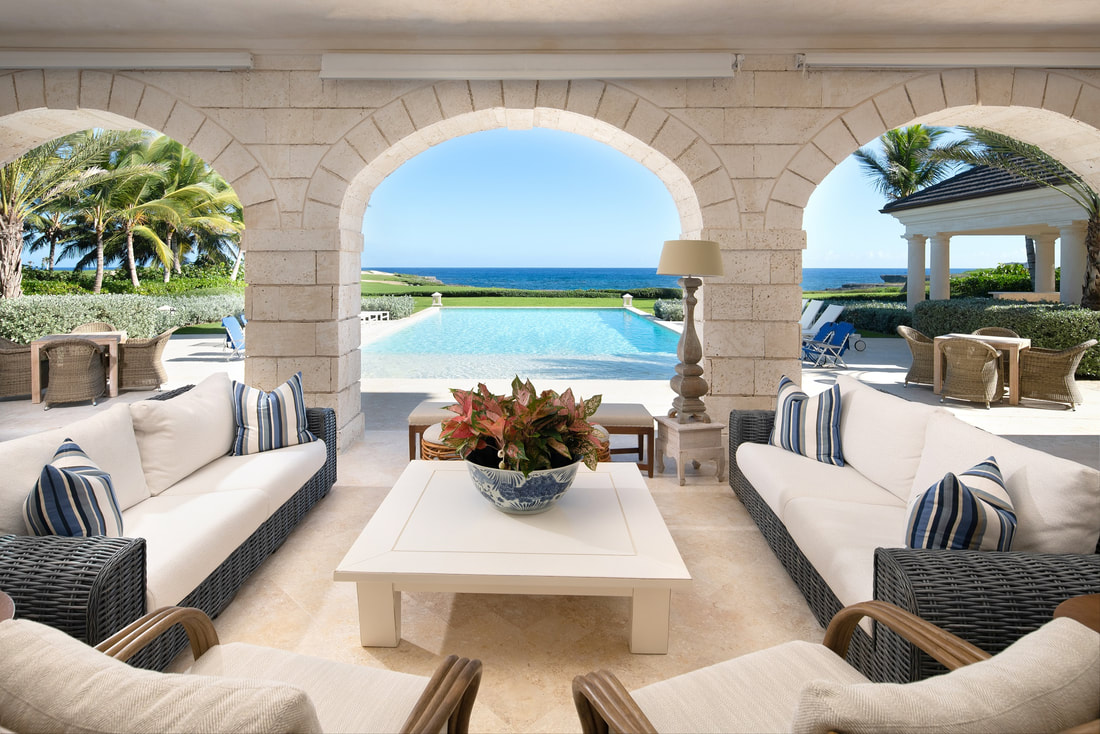|
By Kevin Terbush (Roger Williams University) Center for Responsible Travel (CREST), Puntacana Resort & Club hosted a conference focused on the issues of climate change and coastal tourism. The Conference, put on by the Center for Responsible Travel (CREST), brought together over 30 experts in the fields of oceanography, marine policy, tourism, and sustainability. Over the next three days, panels of experts were grouped together and presented on topics like food, climate change, rising sea levels, as well as many others. Each group stated that the problems are already upon us and it is now time to take action. “If we’re just now thinking of solutions for climate change, then we’re already too late,” said Rick MacPherson of the Pew Charitable Trusts Global Shark Conservation Campaign.
Conversations on the tourism’s negative affect on the area peppered the three days of presentations. However, the members of the conference were not there to complain about problems; they were there to create solutions. The benefits of Marine Protected Areas to defend local sea life were addressed, corporate assistance was proposed from Jet Blue, and innovative methods for energy conservation were shared. Ewald Biemans of Aruba’s Bucati & Tara Beach resorts explained how one of his hotels utilizes cold seawater circulation to provide cool air for his customers. Other problems were explained such as what cruise ships do to a local community. Aside from its exorbitant carbon footprint, the boats act as a seagoing resort preventing money from reaching the hands of the hotel and restaurant owners on the islands. If one island proposes a boycott to the cruise ship for these reasons, they just go to another island. Part of the reason for this conference was to foster relationships between players in the Caribbean tourism industry as well. It was suggested that if all of the islands worked together against the cruise ship companies then they could have the potential to change the shape of tourism in this part of the world. Another panel on sustainable food sources led to one of the most quotable moments of the conference. In a discussion of the necessities of using local food, Loreto Duffy-Mayers of the Caribbean Hotel Energy Efficiency and Renewable Energy Action project addressed something that seemed to go unnoticed by all other members at the conference up to that point. “If we’re trying to be sustainable and use local goods, then why are we serving wine every night at these functions,” said Duffy-Mayers. “The Caribbean is known for it’s rum.” While the statement drew a laugh, it also opened the members eyes on how easy it is to depend on foreign imports shipped in an unsustainable manner. By the last day, it was made clear; the dangers of inaction could be catastrophic to the region. But the members who attended the conference left equipped with a variety of new solutions. The relationships built between islands and experts may help lead to a more sustainable Caribbean.
0 Comments
Leave a Reply. |
Puntacana BlogsOur new way of communication! Categories
All
ARCHIVES
March 2021
|



